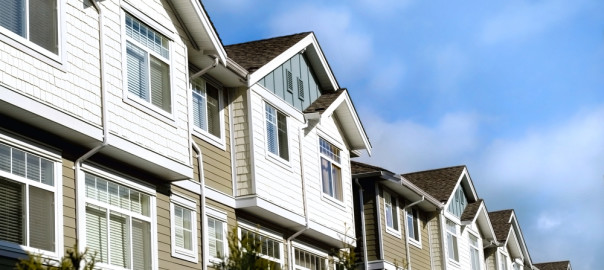What’s Wrong with Airbnb Rentals From An Investor’s Standpoint?
By JD Esajian on September 11, 2015
Are Airbnb rentals the best thing to ever happen for real estate investors? Or are they a minefield waiting to be triggered?
More and more real estate investors are trending towards acquiring properties specifically to lease them out using Airbnb. It’s a very alluring opportunity with big profit potential. But is it a trap? If so, what might be a better option?
The Explosion of Airbnb
Airbnb has become one of the fastest growing startups, and biggest disrupters of industry in true entrepreneurial fashion. The online booking and listing platform hasn’t just rapidly racked up over a million listings in a very short period of time, but it has literally changed the valuation of real estate, and the dynamics of many real estate markets. In fact; it has single-handedly disrupted vacation rentals, rentals, hotels, bed and breakfasts, online booking businesses, and the real estate industry as a whole. This is global. And if it has its way, there is a lot more change coming.
There is no question that Airbnb has helped many people subsidize their incomes by renting out rooms and homes, as well as improving affordability for many hosts. On the flip side it has equally made renting an entire home or condo in the regular way virtually unaffordable in some entire cities. When you can rent out individual rooms in an investment property, or the whole unit for more than local luxury hotels charge, and with almost zero hassle, it’s a huge cash and time windfall for real estate investors.
Yet, even if we dismiss all of the Uber like horror stories as tiny blips, there are a couple of major factors that could be setting some professional Airbnb landlords up to fail hard.
What No One is Expecting…
Note that this is not designed to be a criticism of Airbnb in anyway. They deserve a lot of credit for many things, and for accomplishing for more than most realize, or could dream possible. But a warning or alert to some real estate investors may be warranted.
There is the legality aspect of Airbnb. Many communities are working overtime to kick out or prevent Airbnb rentals. However, there is a good chance that these communities and associations will lose this battle. Airbnb is banking big, and that carries a lot of influence, and legal clout.
What should be more of a concern to some real estate investors is the longevity and consistency of income at Airbnb rates. In some places Airbnb monthly rates are two or three times higher than locals used to pay in monthly rent on year-round leases. Rents are up in general, but few have had pay raises that large so far.
The catch is that some real estate investors are buying properties specifically to rent on Airbnb, at those rates. And they are paying prices that may only work at those premium rates. So what happens when there is a giant stock market crash, or the economy tightens, or there is some other major event that hampers travel and current high rates of vacation travel and spending? Guess what? Those places are not going to get booked. And they certainly not going to get booked at those rates. If you can’t cover the bills at regular annual lease rates you are going to be bleeding negative cash flow. That might be okay on one property. May be you can hold on and fork out $1,000 a month to cover your mortgage payment, taxes, insurance, etc. But what if you have 10 of those?
The Alternatives for Real Estate Investors
Obviously the above is completely speculative. Right now all the trends pretty much support Airbnb rentals, buying more of them, appreciation growth, rental rate growth, and so on. But there is clearly more sustainability to be found in at least ensuring rental properties will remain profitable at lower annual rental rates. You can still ride the Airbnb wave for now (where it is legal). Get that extra spread and cash. But if that market slows down you’ll be fine, and you’ll still be making money if you have to rent at more modest rates, or say a 50% vacancy rate.
4 alternative rental solutions include:
- Buying cash flowing turnkey rental homes, where none of the above is an issue
- Focusing on sourcing long term tenants (1, 2, or more years)
- Targeting entrepreneurs and business guests that are making money while traveling
- Extended stay rentals which fall between annual and nightly
Summary
Airbnb has shown just what can be done if you put your mind to it. It offers an appealing way for some investors to get more rent for their pads. But watch the numbers so you aren’t caught short. If you are always prepared for the unexpected you’ll be just fine. If you don’t like taking chances, then consider long term or turnkey rentals instead.